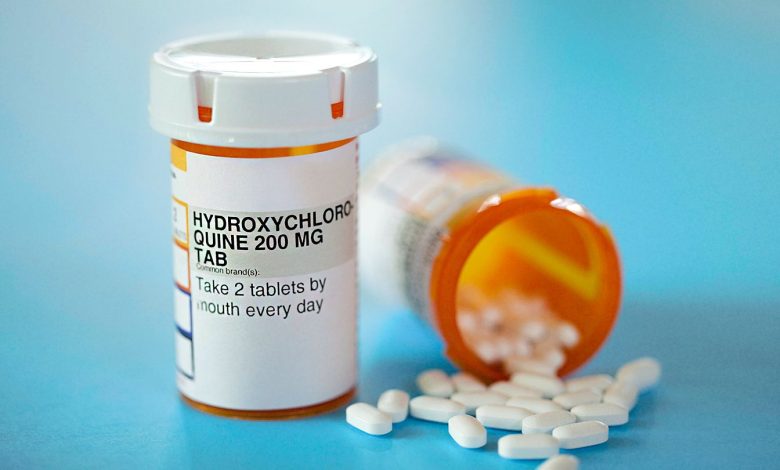How Manufacturer Can Keep Hydroxychloroquine Production in the UK
Hydroxychloroquine 200 mg Production

- Manufacturer can keep hcqs 200 production in the UK by reducing costs and speeding up production while maintaining quality.
- To do this, they need to add more automation to the process and shift their focus on quality instead of quantity.
- Otherwise, they will be at risk of losing the market share they currently have and face further shortages if they don’t move faster or at all.
UK’s main market for hydroxychloroquine 200
In the United Kingdom, hydroxychloroquine is mostly used to treat rheumatoid arthritis.
For this reason, it is important that any company intending to produce hydroxychloroquine in Britain should be aware of all relevant regulations and have a thorough understanding of how the NHS functions.
As an example, patient access schemes are not as widespread or as generous in the UK as they are in other countries so companies need to factor this into their pricing strategy.
This means that companies will also need to account for changes which might occur post-Brexit – including changes in trade deals and new legislation on drug production.
Lack of competition keeps prices high
Manufacturers with a monopoly have the opportunity to charge higher prices because of a lack of competition.
The more competitors there are, the better chance that prices will be lower.
Even if they cannot lower their own prices, they can still make sure other companies do not raise theirs. In this way, they can keep hydroxychloroquine production in the United Kingdom and avoid shortages.
To keep prices low, manufacturers should try to work together so that no one company is able to charge high rates.
the manufacturer could set up production in the UK
A manufacturer would need to set up production of hydroxychloroquine in the UK, which is possible if certain regulatory and manufacturing conditions are met.
A company would have to apply for a product license with MHRA, which may be difficult due to a lack of evidence that hydroxychloroquine is safe and effective in treating malaria.
Also, it will take at least two years from application to receiving a response from MHRA.
Additionally, any such move would require significant investment.
Finally, some stakeholders have suggested that importing chloroquine could be an option if there is a shortage as they are not licensed by UK authorities but they could still be imported under exceptional circumstances; these drugs may not last long as demand increases because these products cannot be re-supplied without expiry date being reached.
Potential benefits of moving production to the UK
- There are many benefits to keeping production of hydroxychloroquine in the UK.
- The first is that it would save on shipping costs, which could be substantial.
- For example, if a batch of drugs needs to be shipped from South America, it will require a longer journey by sea and may have to go through other countries before reaching its destination.
Risks associated with moving production to the UK
The first risk is the cost.
Moving production to the UK will require a lot of capital, which could create cash flow issues or other difficulties for your business.
The second risk is that you may not be able to find an appropriate facility in time and therefore have no choice but to outsource production.
This will increase overhead costs, as you’ll need to pay someone else to make your product, and there’s always a chance they won’t do it as well as you would.




